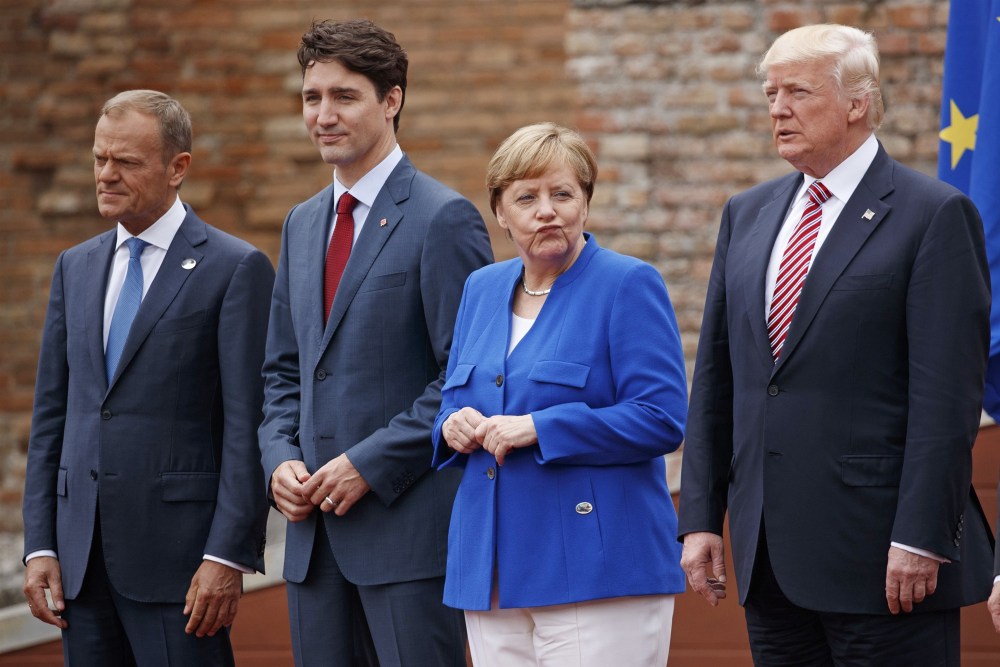When a country prepares to host a G7 summit, there are all kinds of logistical and diplomatic challenges, but it’s safe to say no host has struggled quite as much as Donald Trump in advance of this year’s international gathering.
As recently as the fall, the American president’s original plan was to hold the G7 event at his struggling business near Miami’s airport, which would have had the effect of forcing world leaders to indirectly put money in his pocket.
Trump eventually backed off this scheme, agreeing to host the gathering at a property he didn’t personally own. But once the global pandemic started taking a severe toll here and around the world, it became clear that an in-person summit could create health hazards for some of the planet’s most powerful heads of state. A virtual gathering would have to do.
That is, until Trump desperately wanted to persuade registered voters that conditions in the United States had returned to normal. It led the Republican to abandon the idea of a virtual summit and instead invite the leaders of Canada, France, Germany, Italy, Japan, and the United Kingdom to the United States.
Last week, German Chancellor Angela Merkel politely declined the invitation, citing “the overall pandemic situation.”
This apparently prompted Trump to postpone the next G7 gathering, announce that he doesn’t much like the “outdated” international coalition anyway, and propose adding four new members: Australia, India, Russia, and South Korea.














